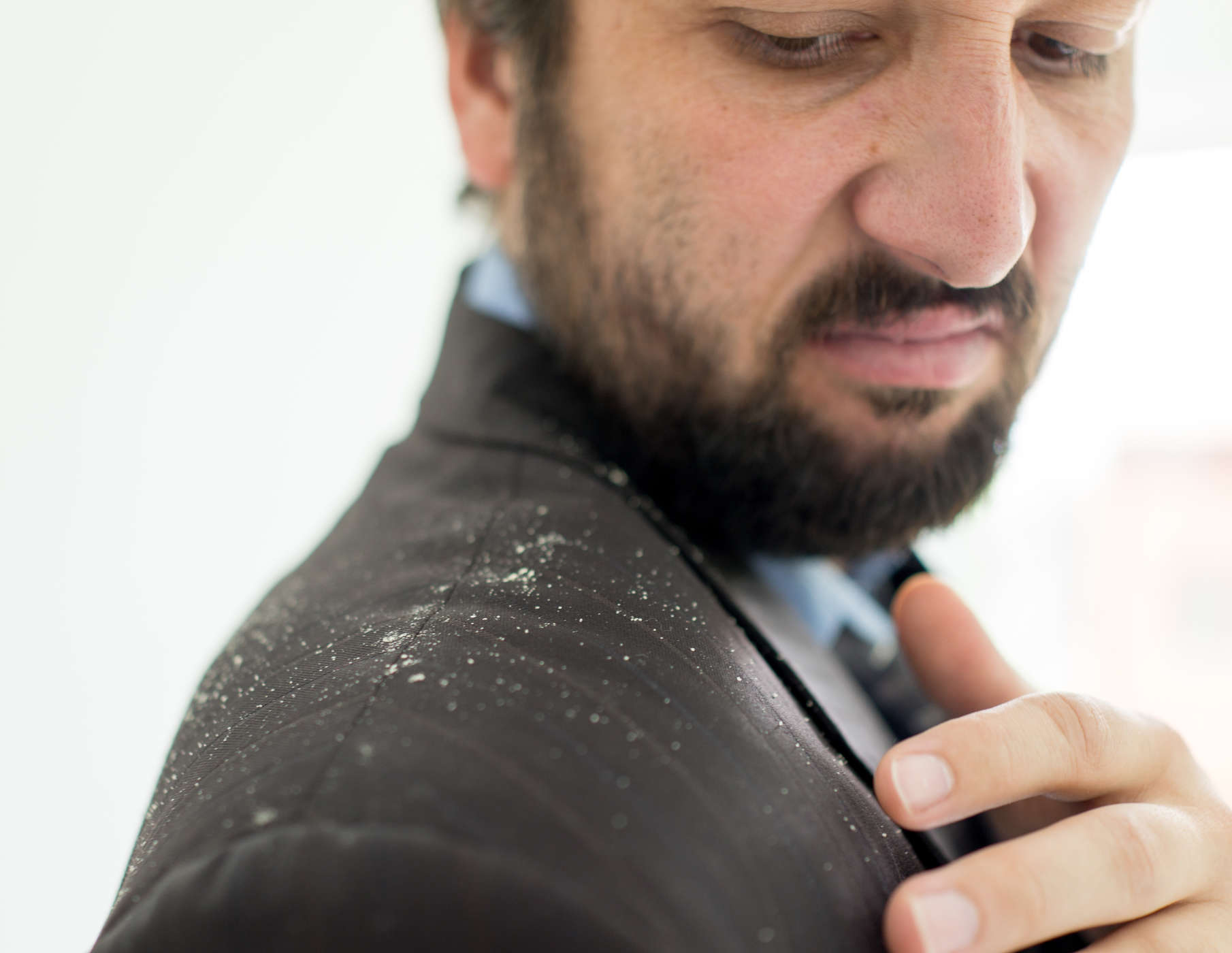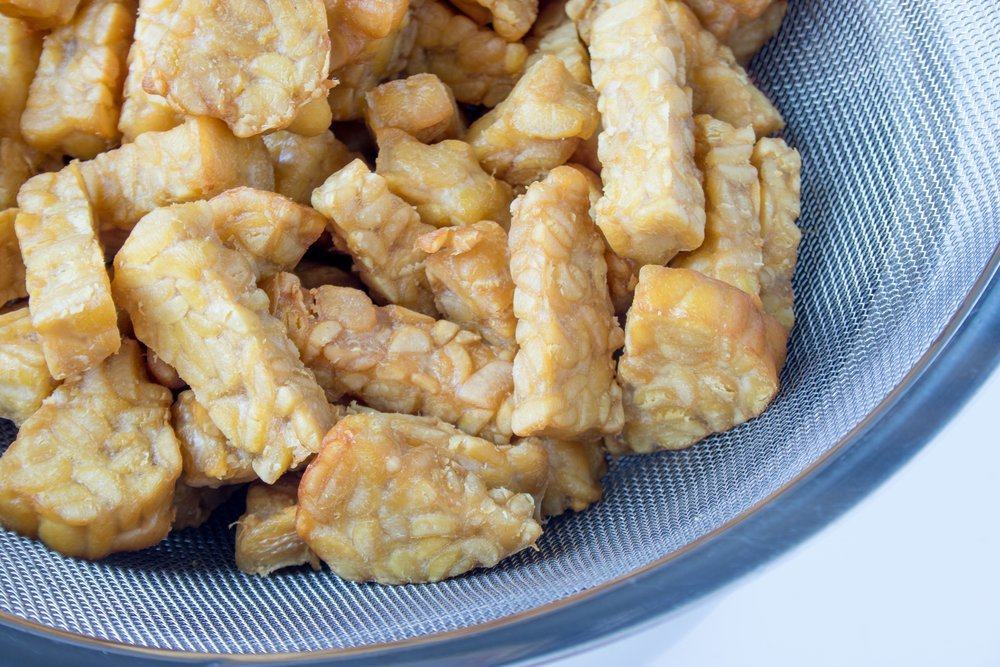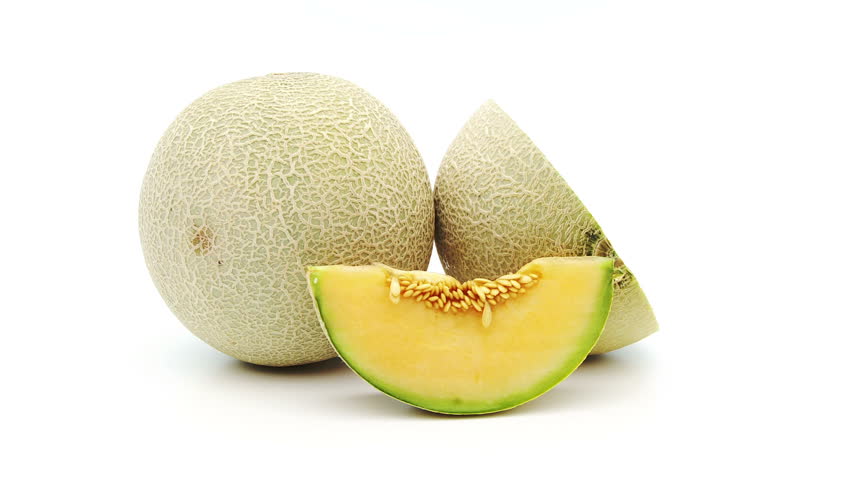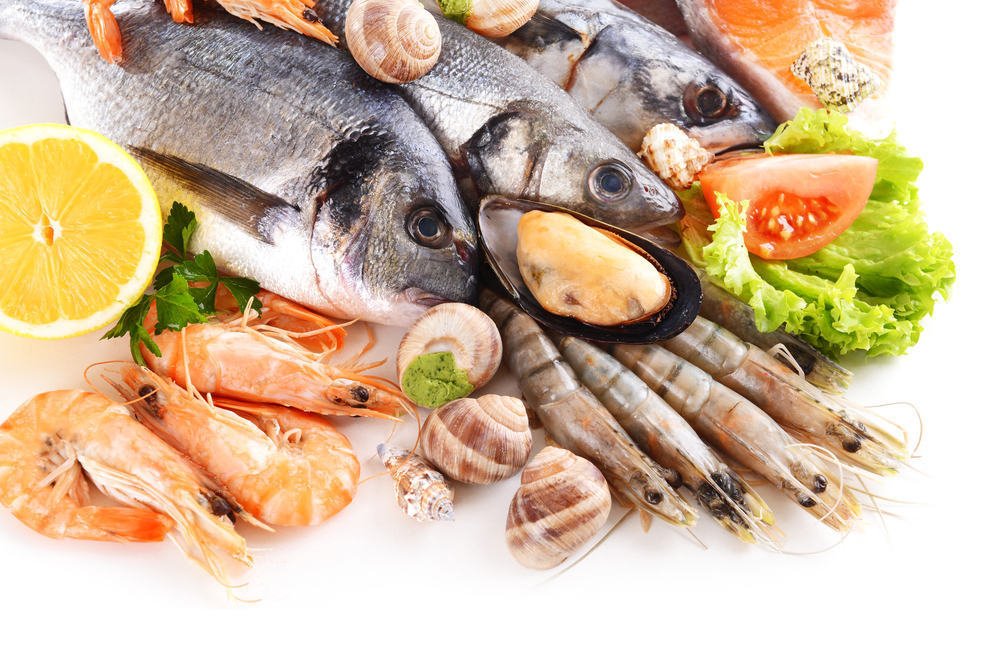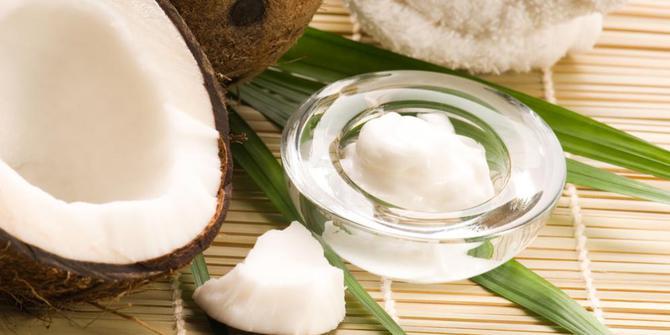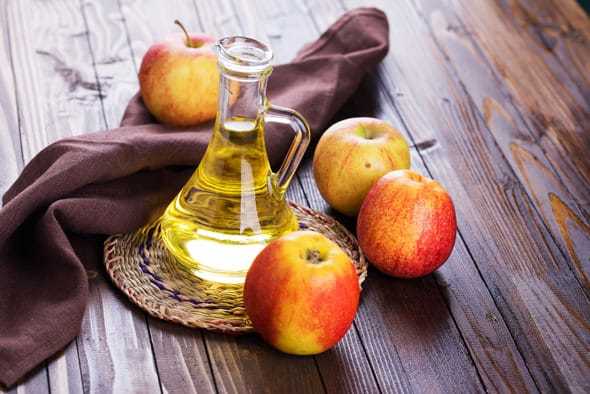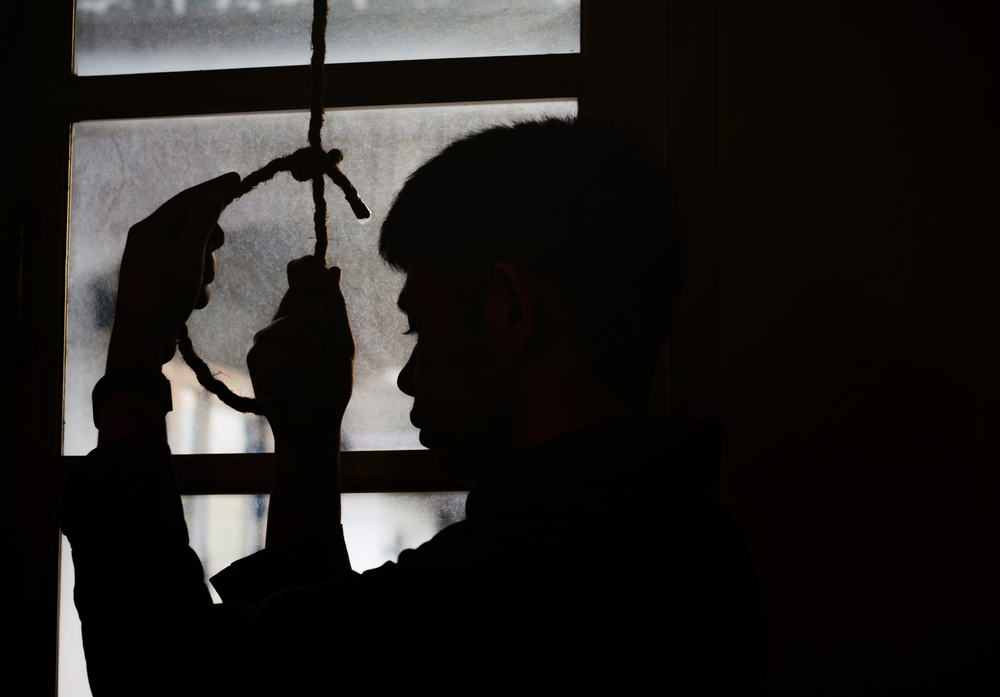Contents:
Medical Video: Dandruff | How To Get Rid Of Dandruff (2018)
Dandruff is a common thing found in many people. There are also many myths that circulate in the community around dandruff, starting from dandruff due to hair loss, dandruff is an infectious disease, and many more.
Actually these oily flakes are not always limited to the scalp. Dandruff is also commonly found on the eyebrows, around the ears, along the sides of the nose, to the armpits - places where we usually produce a lot of oil.
One thing is certain, ketombean hair does not mean you are a dirty person and rarely bathe, because dandruff can be found on a clean scalp though.
Dry scalp causes dandruff?
Dandruff and dry scalp are two different things that are not related at all. Dry scalp occurs due to the loss of natural moisture from the oil glands in the scalp in large quantities and causes the surface of the skin to become tight, tight and scaly.
Conversely, dandruff (Pityriasis simplex capillitii), is a natural process of accelerated scalp rejuvenation cycles as a result of several possible factors, including:
- Seborrheic dermatitis - a common condition that causes oily skin; people with seborrheic dermatitis can also experience exfoliation in other parts of the body, such as eyebrows, both sides of the nose, and other areas of skin folds, such as the armpits.
- Malassezia - a type of fungus that does no harm that lives on the scalp. However, if this fungus grows out of control, it can accelerate the production of new skin cells.
These two things are considered interrelated. The level of fungal population outside the tolerance limits of the scalp causes the scalp to become oily, as a defense reaction from the body's immune system to prevent irritation. Oily scalp creates a comfortable place to stay for fungi and encourages their growth faster, thus triggering dead skin cells to peel faster.
The type and texture of dandruff flakes is not the same as dead skin debris due to dry skin. Dandruff flakes are larger and do not easily peel off the scalp.
Shampooing too often makes ketombean hair?
He said, washing your hair too often can cause irritation, dry scalp, and natural hair oils disappear. In fact, if you are ketombean, the less shampooing it will make your dandruff worse.
"Oil and dead skin cells that are left to accumulate on the scalp will provide unlimited food ingredients for mushrooms (malassezeia)," said Stuart H. Kaplan, M.D., dermatologist Beverly Hills, as reported by everydayhealth.com.
Regular shampoo can reduce the amount of flakes, but it will not really crush the fungus that causes dandruff. To get rid of dandruff, Kaplan recommends shampooing every day using a special anti-dandruff shampoo containing ketoconazole, selenium sulfide, or zinc.
Don't forget to apply an anti-dandruff conditioner after shampooing, especially if your hair type is rough and dry.
Dandruff causes hair loss?
Hair loss is very normal and is not only found in people with dandruff. Hair loss is not caused by dandruff, but may be caused by the habit of excessive scratching of the itchy scalp due to dandruff.
When we scratch the scalp, this action causes broken hair. Other causes of hair loss are stress, diet, and the health of your scalp.
Dandruff is an infectious disease?
This assumption is incorrect. Dandruff is not an infectious disease. Malassezia mushrooms live on the scalp of every person, meaning that we all have the same potential to experience dandruff.
Generally, this mushroom will not cause any problems at all. But the risk of dandruff will be greater and may recur, if you are sensitive to yeast and fungi.
You don't need to wait until dandruff appears to start the treatment of the scalp and prevent dandruff from coming again.
Kaplan explains, foods that are high in saturated fat can trigger excessive sebum production which can aggravate your dandruff symptoms. Therefore, you should replace high-fat foods with fresh fruits and vegetables that are rich in iron, vitamin E, and B. Also, multiply eating foods high in probiotics, such as yogurt, to help control fungal growth.
Various other possible causes of dandruff, including:
- Stressful
- Regular use of hair styling products (hairspray, gel, mousse) - active and hard chemicals can trigger skin irritation or inflammation.
- Climate is too hot - Malassezia mushrooms grow well in hot and humid climates, for example after a long day of heat on the road or sweating after exercising.
- Psoriasis or eczema, two skin conditions that cause dry, red and scaly skin.
- Weakened immune system.
- For reasons that are not yet known for sure, people with neurological conditions such as Parkinson's disease, stroke, or severe head trauma often experience dandruff and seborrheic dermatitis
READ ALSO:
- Often change shampoo for damaged hair?
- Oily hair, don't panic first! Try to use the ingredients of your kitchen
- Pomade, wax, gel: Which is suitable for your hair styling?

